ニュアンス別・ドラマでも使われるリアル表現まとめ
英語で「わかる」は一つじゃない!
✅ 1. 「理解できる?」=意味がわかるか
Do you understand? / Do you get it? / Does that make sense?
- Do you understand what I’m saying?(私の言ってること、わかる?)
- Do you get what I mean?(意味わかる?)
- Does that make sense?(それ、意味通じてる?)
📝 “get” や “make sense” を使うと、ややカジュアルで自然な響きになります。
✅ 2. 「〜について知ってる?」=知識があるか
Do you know ~? / Are you familiar with ~?
- Do you know this word?(この単語、知ってる?)
- Are you familiar with Japanese sake?(日本酒って、知ってる?)
📝 familiar with は「見聞きして馴染みがある」という“わかる”。
✅ 3. 「気持ちがわかる?」=共感・理解
Do you know how I feel? / Can you relate?
- Do you know how I feel?(私の気持ち、わかる?)
- Can you relate to that?(それ、共感できる?)
📝 感情の理解に“relate”がぴったり。
✅ 4. 「このルール/説明、わかる?」=仕組みや方法の理解
Do you get how it works? / Do you follow?
- Do you get how this machine works?(この機械の仕組み、わかる?)
- Are you following me?(ちゃんとついてきてる?)
📝 説明が長くなったときの途中確認に便利。
🎁 補足:「Can you see ~?」の“わかる”
- Can you see what I’m trying to say?(私が言おうとしてること、わかる?)
これは視覚ではなく「本質に気づけるか?」という意味。
🎧 hear:耳に入る → 聞いてわかる
- I heard what you said.(あなたの言ったこと、聞こえた=理解した)
- Did you hear about the news?(そのニュース、聞いた?)
📝 “hear” は耳から得た情報に対する“わかる”。
🧠 figure out:考えてわかる・解決する
- I finally figured it out.(やっとわかったよ)
- Can you figure out how this works?(これの仕組みわかる?)
📝 考えてたどりつく「わかる」。
⚠️ look out:注意 → 気づく
- Look out! There’s a car coming!(危ない!車!)
📝 警告の中に“気づく”ニュアンスがある。
👀 notice:感覚で気づく
- Did you notice the change?(変化に気づいた?)
- I noticed that she was upset.(彼女が怒ってるの、わかったよ)
📝 雰囲気で察するタイプの「わかる」。
💡 realize:はっと気づく・悟る
- I realized I made a mistake.(ミスに気づいた)
- Did you realize what happened?(何が起きたかわかった?)
📝 内面的な「気づき」=心の中の“わかる”。
👁️ recognize:見てわかる・識別する
- I recognized his voice.(彼の声だとわかった)
- Do you recognize this place?(ここ、見覚えある?)
📝 聞いたり見たりしての“識別”による“わかる”。
🔍 動詞別「わかる」のニュアンス早見表
| 動詞 | ニュアンス | わかるの種類 |
|---|---|---|
| hear | 聞いて知る | 情報が耳に入る |
| figure out | 考えて理解する | 解決型の理解 |
| look out | 注意して気づく | 危険察知・警告 |
| notice | 感覚で気づく | 微妙な変化に気づく |
| realize | はっと気づく | 心の中で理解 |
| recognize | 見たり聞いたりで識別 | 顔・声・場所などを見分ける |
🎬 ドラマでよく出てくる “わかる” 表現(会話付き)
✅ I get it.
A: You didn’t tell me because you didn’t want me to worry, right?
B: Yeah…
A: I get it.
✅ I see.
A: He’s not coming. He got arrested.
B: …I see.
✅ I understand.
A: You’re angry, but I had to do it.
B: I understand. But I’m still hurt.
✅ I know.
A: It hurts so much.
B: I know… I know.
✅ That makes sense.
A: He didn’t call because he lost his phone.
B: Ah, that makes sense.
✅ I figured as much.
A: He’s quitting the team.
B: Yeah… I figured as much.
✅ I can tell.
A: I’m not upset.
B: I can tell you are.
✅ I’ve been there.
A: I feel like I’m losing everything.
B: I’ve been there. You’ll get through it.
🎯 最終まとめ:感覚別・わかる表現一覧
| 英語表現 | ニュアンス | 日本語の「わかる」 |
|---|---|---|
| I get it. | 納得・理解 | うん、わかったよ |
| I see. | 理解・気づき | なるほどね |
| I understand. | 受け止める理解 | 分かってるよ |
| I know. | 共感 | わかってるって |
| That makes sense. | 理論的納得 | 道理に合ってる |
| I figured as much. | 予想してた | やっぱりね |
| I can tell. | 感覚的察知 | 顔に出てるよ |
| I’ve been there. | 経験的共感 | 私も経験あるよ |

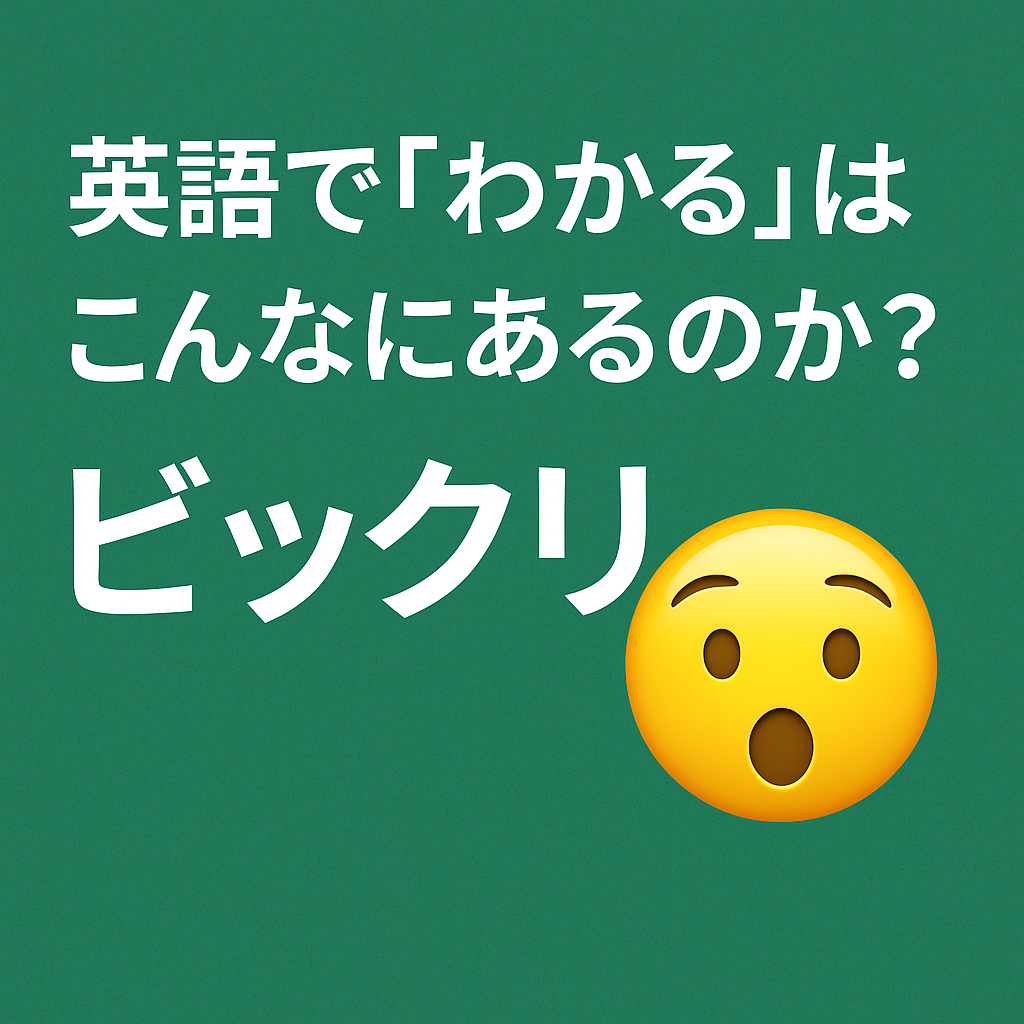





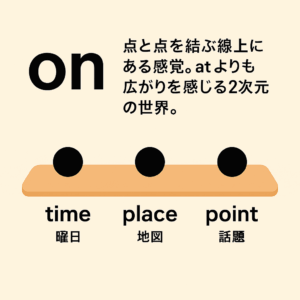
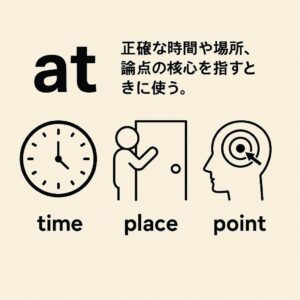

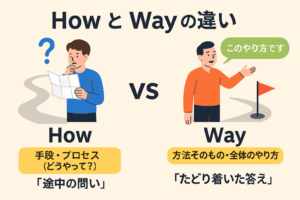

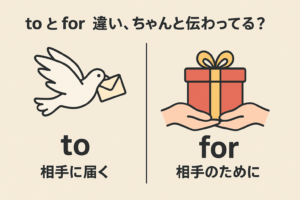

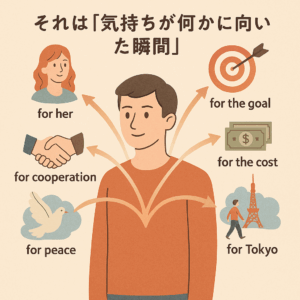
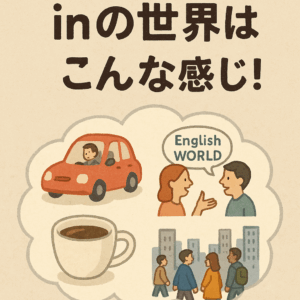

コメント